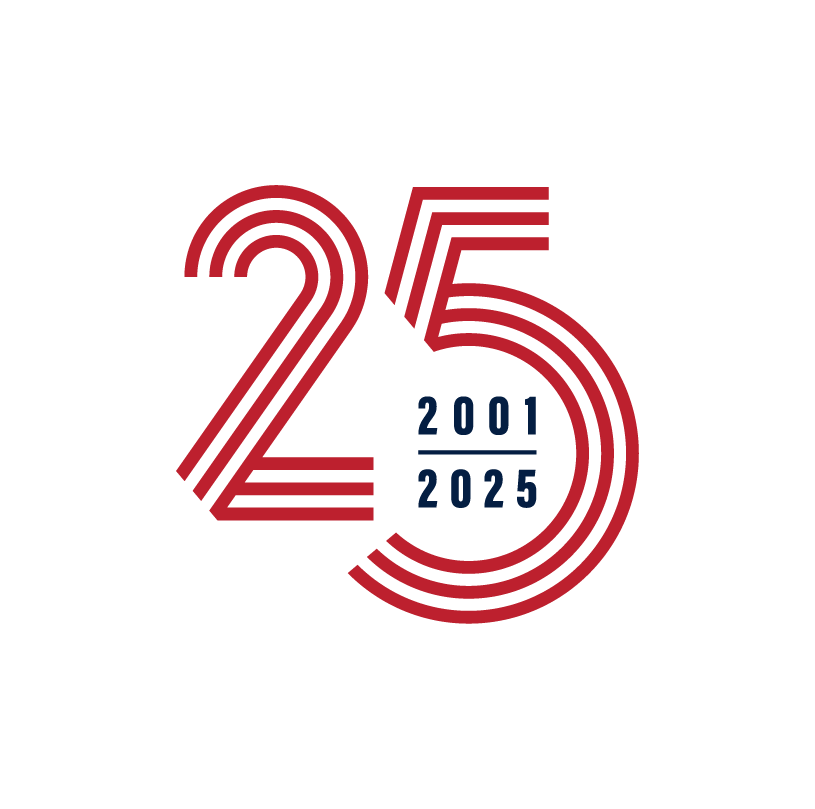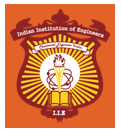THE ACADEMIC PROGRAMME OF THE INSTITUTION MAINLY CONSISTS OF SECTIONS ‘A & B’ EXAMINATIONS, POPULARLY KNOWN AS THE AMIIE EXAMINATION.
AMIIE in Instrumentation Engineering
Information For:
- Home
- Examination
- R&D
- Application Status
- Apply Membership Online
- RTI Information & Reply
- Awards
- Become Student's Chapter
- Online Verification
- Placement Service
- Alumni Association
- Approval & Recognition
- AMIIE(B.Tech./B.E.)
- DIPIIE-DMIIE-TMIIE(Diploma)
- List of Student's Chapter
- Our Vision
- Circular/Notice/Tender
- Hall Ticket
- Examination Result
- Vacancy & Career
- Global Linkage
- Downloads
Key Highlights of the AMIIE
- Project based learning through industry collaborations.
- Focus on skill building & practical implementations.
- Interactive sessions with industry experts through Student's Chapter.
About
Instrumentation Engineering involves designing, developing, and maintaining instruments and control systems used to measure, monitor, and control various industrial processes. It combines principles of electrical, mechanical, and chemical engineering to optimize efficiency, safety, and stability in industries such as manufacturing, power generation, and chemical processing. Instrumentation engineers work with sensors, controllers, and automation systems to enhance production and ensure safety in automated systems.
Career
A career in Instrumentation Engineering offers exciting opportunities to work in industries that require precise control, automation, and monitoring of processes. Instrumentation engineers play a crucial role in designing, developing, and maintaining the systems that manage industrial operations in sectors such as manufacturing, power plants, chemical industries, oil and gas, and pharmaceuticals.
These professionals are responsible for creating and managing control systems, sensors, and automation technologies that ensure smooth, efficient, and safe operations. They work with complex systems that monitor temperature, pressure, flow, and other key parameters. As industries increasingly focus on automation and process optimization, the demand for skilled instrumentation engineers continues to grow.
Graduates often work in R&D, manufacturing, or as process control, control systems, and instrumentation design engineers. Some specialize in testing, calibration, or project management. The field offers strong career prospects with opportunities for advancement.
A degree in instrumentation engineering or related fields is typically required, with additional certifications or postgraduate education boosting career growth. As automation and control systems grow, the field offers job security and competitive salaries.
Job Prospects
High Demand: Automation boosts need for instrumentation engineers.
Various Industries: Opportunities in manufacturing, power, and oil & gas.
Specialized Skills: Expertise in control systems is valued.
Global Reach: Job opportunities in India and abroad.
Remuneration
Instrumentation engineers typically earn between $60,000 and $90,000 annually, depending on experience and location. Senior roles or positions in specialized fields like automation and process control can earn upwards of $100,000. Salaries may be higher in sectors like oil and gas or power generation. Additional benefits, such as bonuses, health insurance, and retirement plans, are commonly offered in this field.
Section-A
- MATHEMATICS III
- SOLID STATE DEVICES
- SIGNALS & SYSTEMS
- PROGRAMMING IN C++
- ELECTRONICS & MEASURING INSTRUMENTS
- PNEUMATIC AND HYDRAULIC SYSYTEMS
- ELECTROMECHANICAL ENERGY CONVERSION
- ENVIRONMENTAL MONITORING INSTRUMENTS
- ELECTRICAL & ELECTRONICS ENGINEERING MATERIALS
Section-B
- MICROPROCESSORS
- LINEAR INTEGRATED CIRCUITS
- POWER PLANT INSTRUMENTATION
- DIGITAL SIGNAL PROCESSING
- CONTROL SYSTEMS
- COMPUTER ORGANISATION & ARCHITECTURE
- ANALOG INTEGRATED ELECTRONICS
- OPTOELECTRONIC INSTRUMENTATION
- MICROCONTROLLER BASED SYSTEM DESIGN
- POWER ELECTRONICS
- ANALOG & DIGITAL COMMUNICATION
- BIOMEDICAL INSTRUMENTATION
- TRANSDUCERS AND INDUSTRIAL INSTRUMENTATION
- OPTICAL INSTRUMENTATION
- VLSI DESIGN
- ROBOTICS AND EXPERT SYSTEMS
- ELECTRICAL MACHINE
- VACUUM AND CRYOGENIC INSTRUMENTATION
- PROJECT WORK
What Is AMIIE?
Full form of AMIIE is “Associate Member of the Indian Institution of Engineers”. AMIIE is a professional certification given by Indian Institution of Engineers (IIE).

